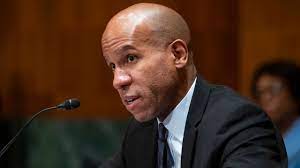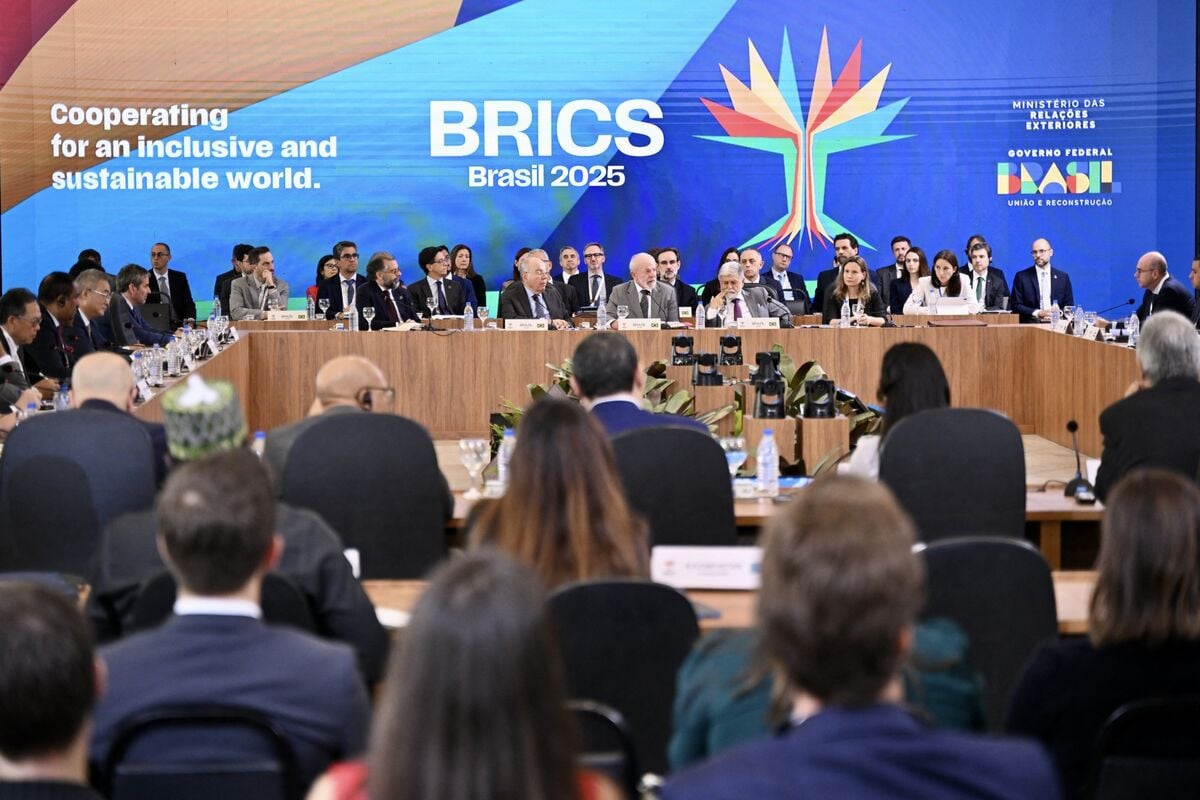Publisher: Maaal International Media Company
License: 465734
US Treasury Undersecretary to (Maaal): Saudi Arabia has exceptional leadership skills in combating terrorism financing and money laundering
BY: Fahad Talal
Brian Nelson, Undersecretary of the US Treasury for Terrorism and Financial Intelligence, said that the Kingdom of Saudi Arabia, as co-chair of the Terrorism Financing Targeting Center, has demonstrated exceptional leadership skills in combating money laundering and terrorist financing, and we have a strong record of cooperation with the Gulf states on this issue. Each GCC country has a unique role to play in combating money laundering and terrorist financing, and the United States has been a partner of the Gulf for several decades in supporting its efforts.
اقرأ المزيد
Regarding the extent of cooperation between Saudi Arabia, the Ministry of Treasury, and the Gulf states in combating money laundering and terrorist financing operations, the American official confirmed in a statement to the newspaper (Mal) that the US Treasury is permanently cooperating with the Gulf states to work to enhance the capabilities of both sides to confront terrorist financing networks. . He continued: A large part of this work is based on international best practices issued by the Financial Action Task Force (FATF), using the FATF framework as a guide. We organize some events such as bilateral meetings and multilateral workshops through the Terrorist Financing Targeting Center.
On the international side, Nelson said that the size of money laundering around the world is estimated annually to range between 2 and 5% of the size of the global economy, “and given the secret nature of money laundering, it is difficult to estimate the total amount of money that passes through the money laundering cycle, and we do not have estimates.” The volume of terrorist financing globally is publicly available, but Iran, which provides hundreds of millions of dollars annually to Hezbollah, Hamas, and other terrorist groups, is the number one source of terrorist financing ever.”
Data indicate that the size of the global economy will reach $105 trillion by the end of 2023. This means – according to Mal’s analysis – that the volume of money laundering is approximately $5 trillion.
Regarding new methods of money laundering and terrorist financing globally, Nelson explained: The Treasury Department is always monitoring new methods and trends that criminals use to hide and transfer their money, whether that is by taking advantage of new technology such as cryptocurrencies or collecting traditional donations online, noting the importance of The heads of the Terrorist Financing Targeting Center cooperated, worked together, and set an example for all countries, not just in the Gulf region.
Regarding the existence of new legislation for laws and regulations related to terrorist organizations and terrorist financing networks, the Undersecretary of the US Treasury said: Thanks to the work of the Financial Action Task Force (FATF), which is the international body that sets standards to combat money laundering and terrorist financing, and along with other international organizations, it has worked Many countries have decided to strengthen their laws and regulations to combat terrorist financing, to include criminalizing financing, which is not limited to direct terrorist action, but also includes training and recruitment associated with illegal activities.
Brian Nelson continued: Many countries still do not regulate the activity of virtual assets effectively, which is an area of increasing concern regarding terrorist financing. There are countries that have exceptions to their laws under several pretexts, and this exception conflicts with the standards of the Financial Action Task Force and the obligations of the Financial Action Council. The United Nations Security Council, the International Convention for the Suppression of the Financing of Terrorism, and in general, issuing laws and regulations are only the first steps, as countries must use these laws effectively to disrupt the financing of terrorism.









